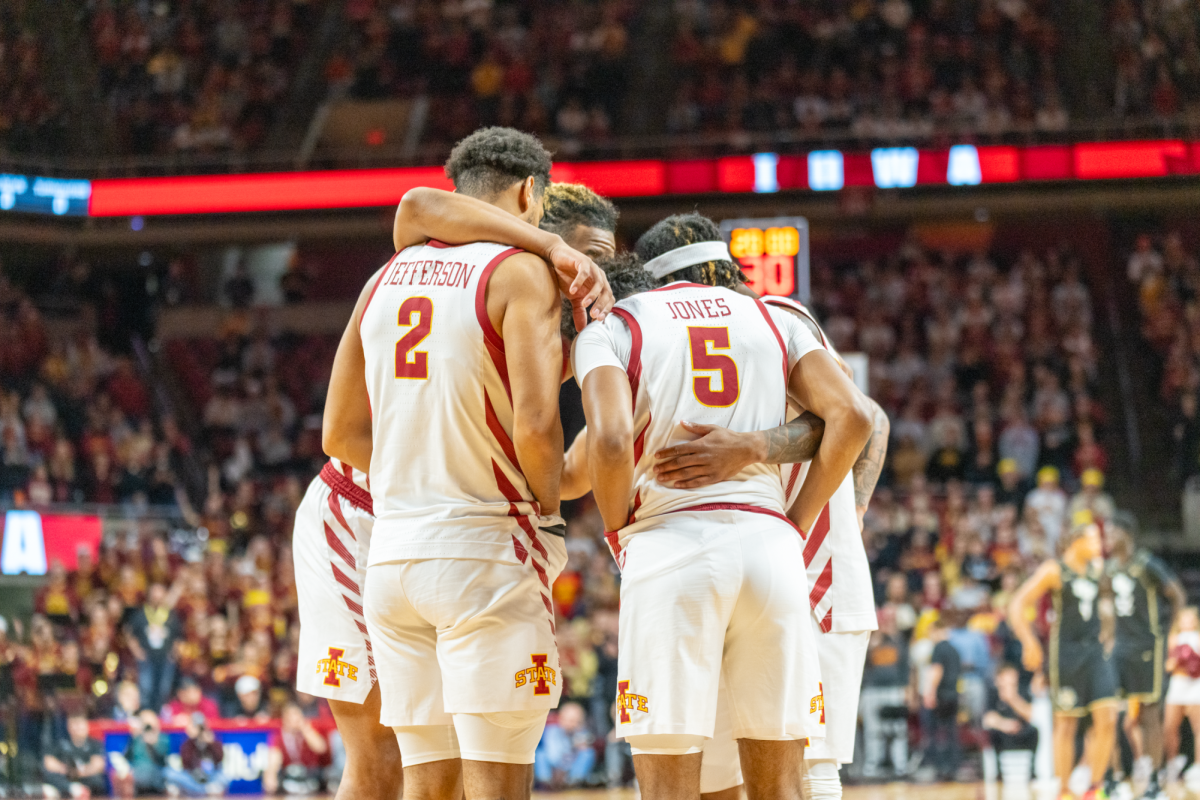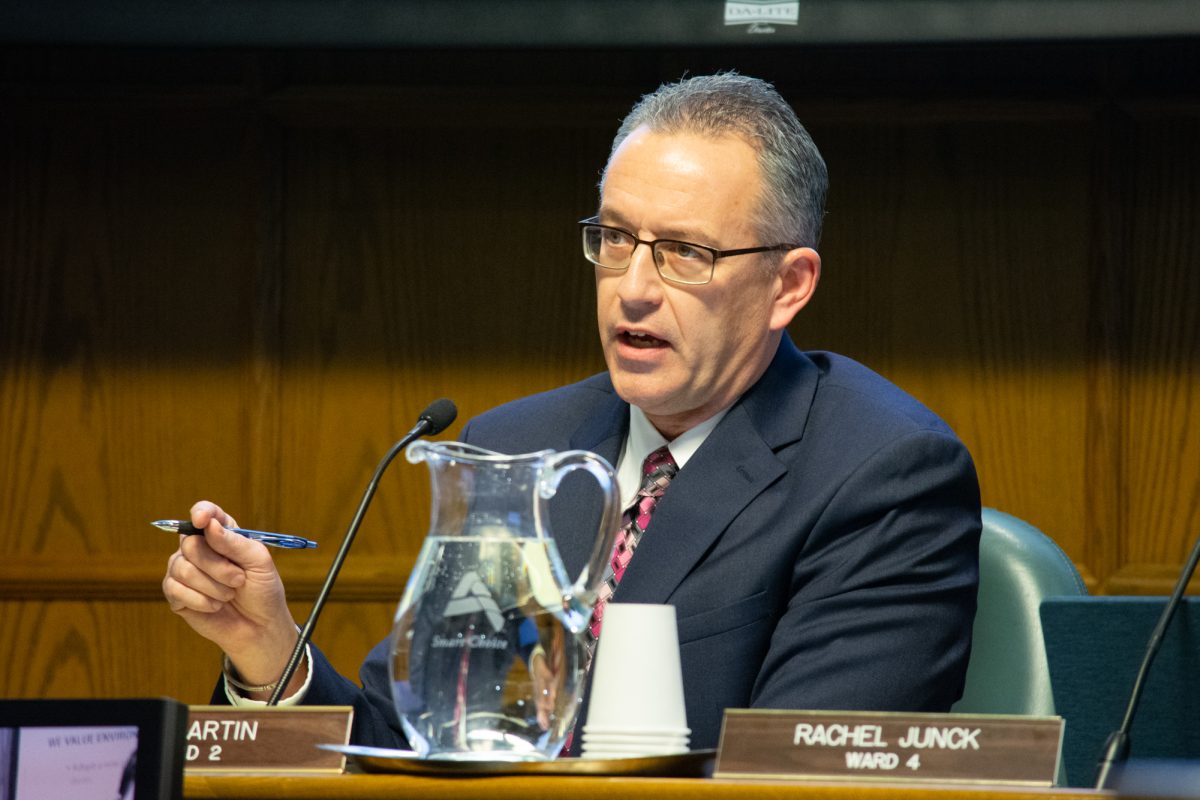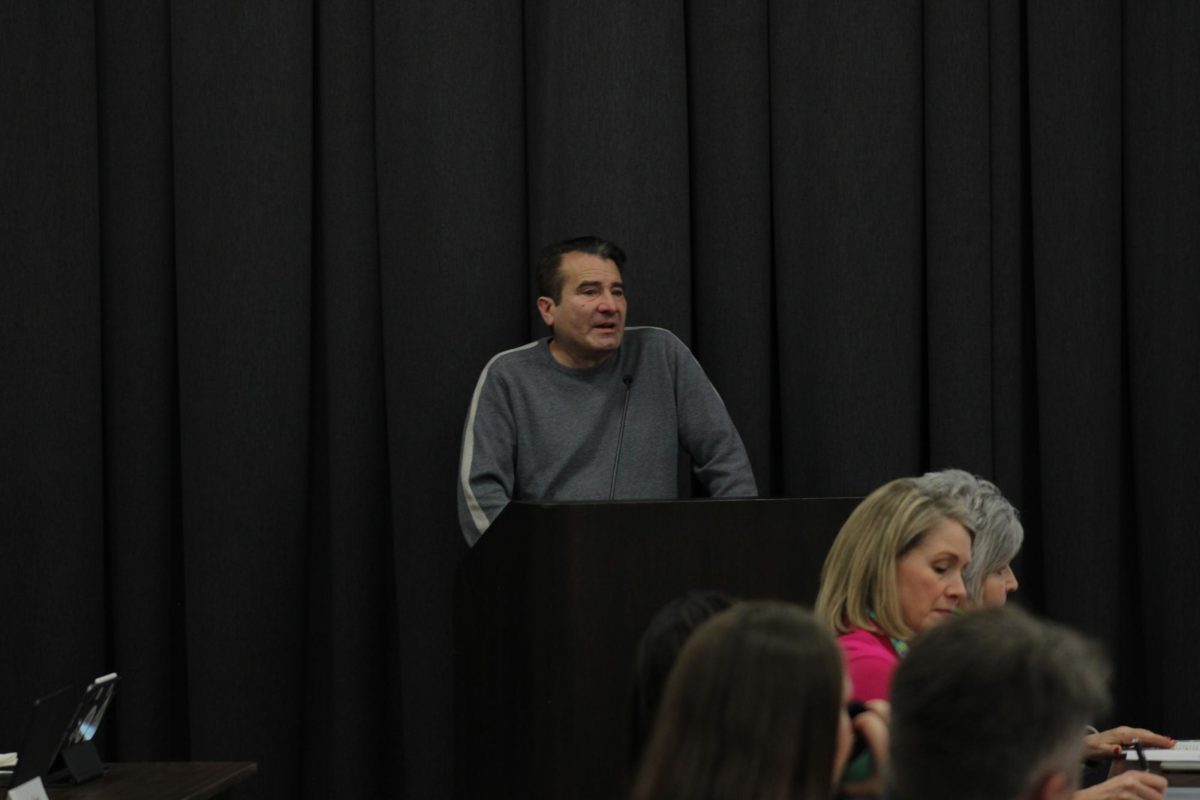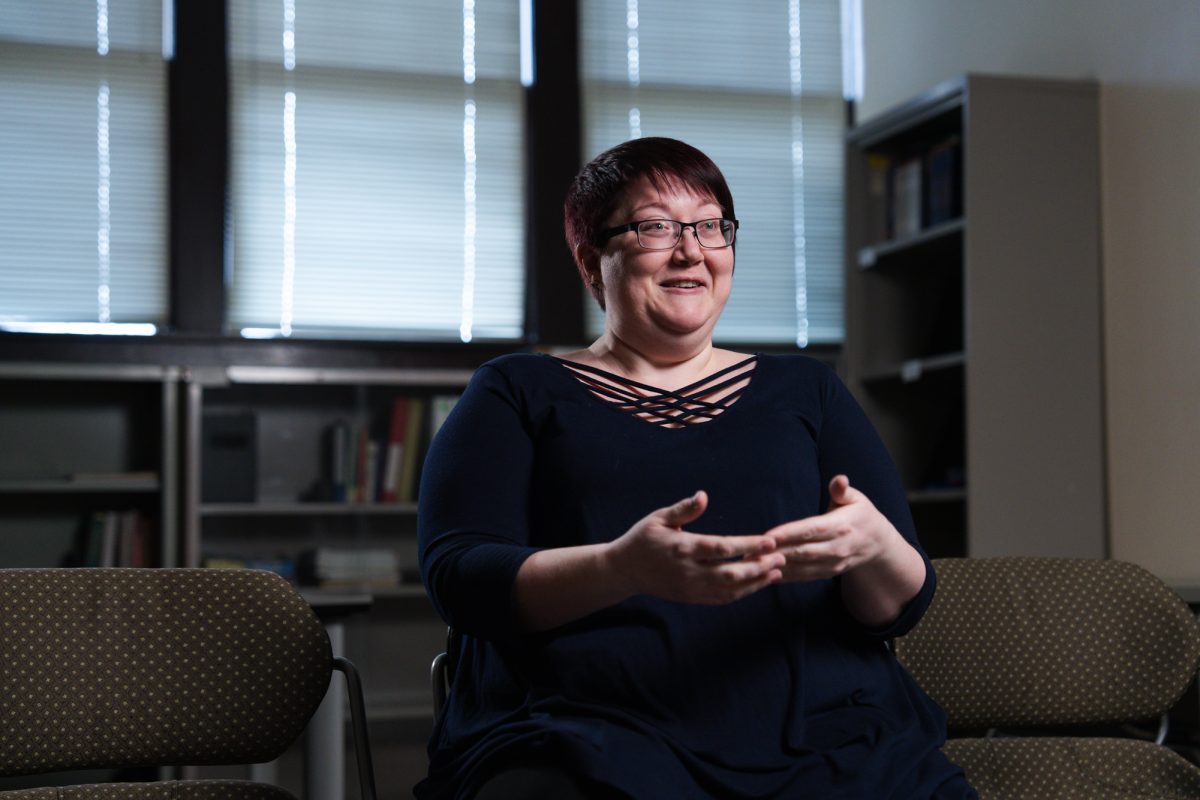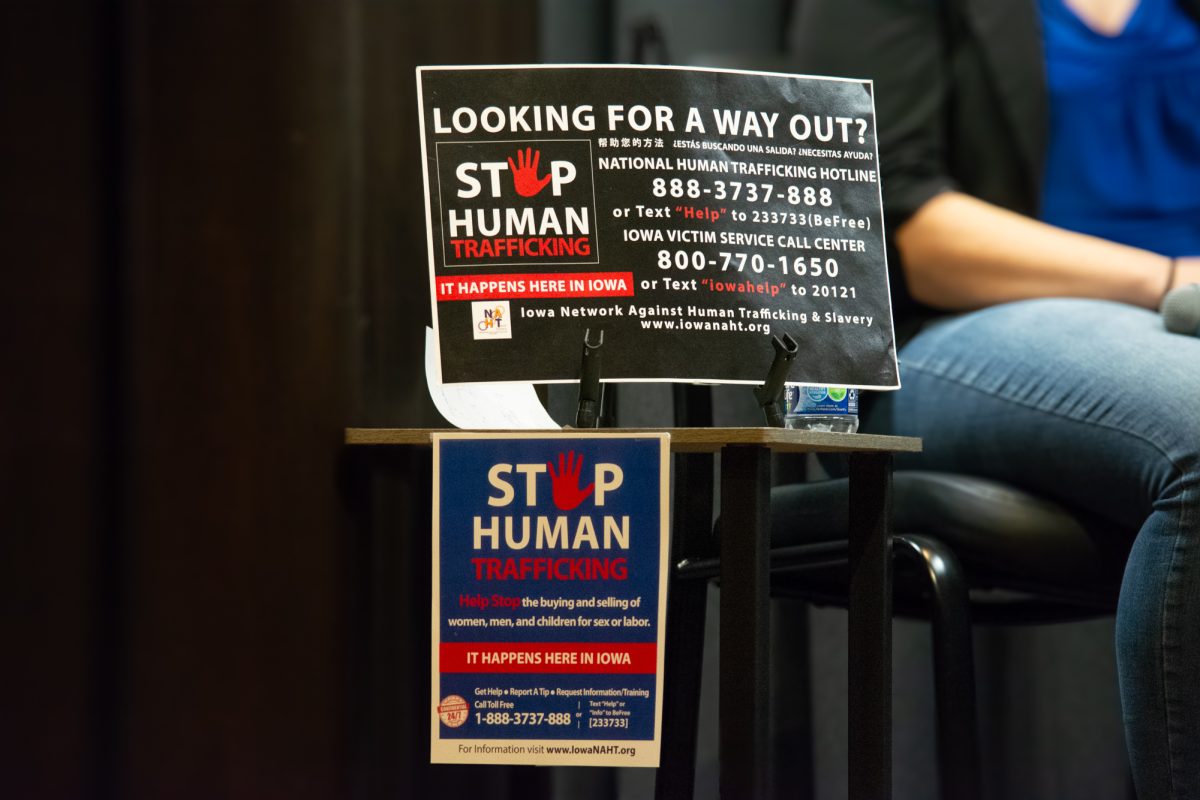Mencia speaks his mind about ethnic humor
March 9, 2006
In 2005, comedian Carlos Mencia rose from the depths of comic obscurity to become Comedy Central’s newest star. His show “Mind of Mencia” begins its second season at 9:30 p.m. March 22, taking over the time slot formerly held by popular Dave Chappelle’s “Chappelle’s Show.” The first season of the show is set to be released uncensored on DVD March 21, and his latest special, “Carlos Mencia: No Strings Attached,” premieres at 9 p.m. Sunday on Comedy Central.
Best known for his ethnic jokes, the controversial comic recently spoke to Pulse about his show, career and brand of humor.
Cody Saveraid: I know you’re coming out with season two of “Mind of Mencia.” What would you like to do differently this season?
Carlos Mencia: The one thing we want to do differently is not have such ghetto production value to the show. Don’t get me wrong, it’s kind of cool when we go do field pieces where we ask people questions. It looks kind of guerilla-ish because we shoot it like that and that’s OK. There were some pieces that we did last season that we wanted to look a bit more colorful, but couldn’t afford to. That’s one of the things we want to change. We want to expand more and do lots of stuff that we never did last year.
CS: How did you handle the pressure of officially being Dave Chappelle’s replacement on Comedy Central and taking over his time slot?
CM: I don’t think about that – I really don’t. Added pressure to an already pressure-filled situation is something I personally don’t want. If you had time to be worried about s—t like that, then you’re probably not focusing on what you need to be focusing in on. I’m so focused on the show that I don’t even have enough time for my wife.
CS: Does Comedy Central give you a lot of flexibility, or have you butted heads with them at times?
CM: We are in the same business of putting on a really good TV show, and they understand that. I don’t know if it’s called headbutting as much as it’s a dialogue about how to get it done. I understand the business aspect of what I do and that they sell commercials. We can’t piss off all these advertisers because then I can’t have a TV show. I grasp that concept, so we work really well together. I get that humor is not always the overriding factor in a TV show.
CS: I know there’s quite a bit of interaction with the crowd on your show. Do you actually plan a lot of your routines in advance, or do you just go on the fly?
CM: On the show we keep it kind of tight, but there is still enough room for spontaneity. We basically don’t even have a script, but topics. We have an outline, but wherever that outline goes is fine. As long as we can bring it back to some point after a monologue.
CS: So is it more informal on the road?
CM: Oh, on the road I have no idea whatsoever what I’m going to do two minutes before I go on stage. To me it’s a conversation. I’m about to have a conversation with the audience. It’s really weird that when you get a bunch of people together they conjoin and get the personality of one person. You don’t know why Audience A will laugh at Joke B, but Audience B will laugh at Joke C. Because of that dynamic, I look at it like, “I don’t know what this person’s going to be, so I’m going to talk to them and gauge it from there.”
CS: What is a topic that will never go out of style and will never stop being funny?
CM: In this country, ethnicity will never go out of style. The reason why is because we’re being fed two different things at the same time. We’re being told to ignore somebody’s ethnicity and treat them just like a person while at the same time knowing every single thing about their ethnicity. So, you’re supposed to treat a Muslim like he’s a regular person but you’re also supposed to know that you better not give him pork.
That dichotomy goes against each other, because if I’m going to treat you like a person then I don’t care that you’re a Muslim, that’s not important. That’s not relevant because you’re a human being before anything else, but if you ignore that, then you’re ignoring something really relevant, which is “Hey, I am a Muslim. I don’t eat pork.'”
Because of that dichotomy, ethnicity will always be funny, because we always want to hang on to those little pieces of who we are and it’s only proven by the Blue Collar Comedy Tour, because white people – just like everybody else – want to cling to those same things that we all do and I don’t think that will ever get old.
CS: Where are some of your favorite places to perform?
CM: I loved, loved, loved going to Denver before the TV show. I remember walking into Denver for the first time and the audience was pretty much 40 percent white, 30 percent black and Hispanics split and some others. That was just so enriching because the more ethnicities at my show, the easier it is to laugh. Normally comedians say, “Are there any black people in the audience? No? Good, lets talk shit about them.” With my comedy, it’s the opposite. It’s like, “Are there any black people here?” and the more blacks there are, the more comfortable we feel laughing at each other because they’re there and there’s no sense of we’re talking behind their backs. It’s more of like, “They’re here, they know. We’re all talking about each other, it’s all good.”
There’s this inhibition that is lifted once we’re all put in the same place and there’s enough of a representation of all those different ethnicities. After the show started, the smaller the city, the crazier. My craziest fans have been in like Bowling Green, Ky., and Lawrence, Kan., places where they’re just so appreciative that I’m there because they almost never thought I would be there.
CS: Do you think there’s a point where you go too far or cross moral boundaries?
CM: I don’t know. I mean, I have morals and I don’t do this for the money and I’ve said no to many things that I’m not cool with. I think it’s more about staying centered and not doing things for money. As long as you don’t do things for money, then you’re fine and that’s kind of what I base all my stuff on. I’m OK with what I’m doing because I’m doing it for the right reasons.


